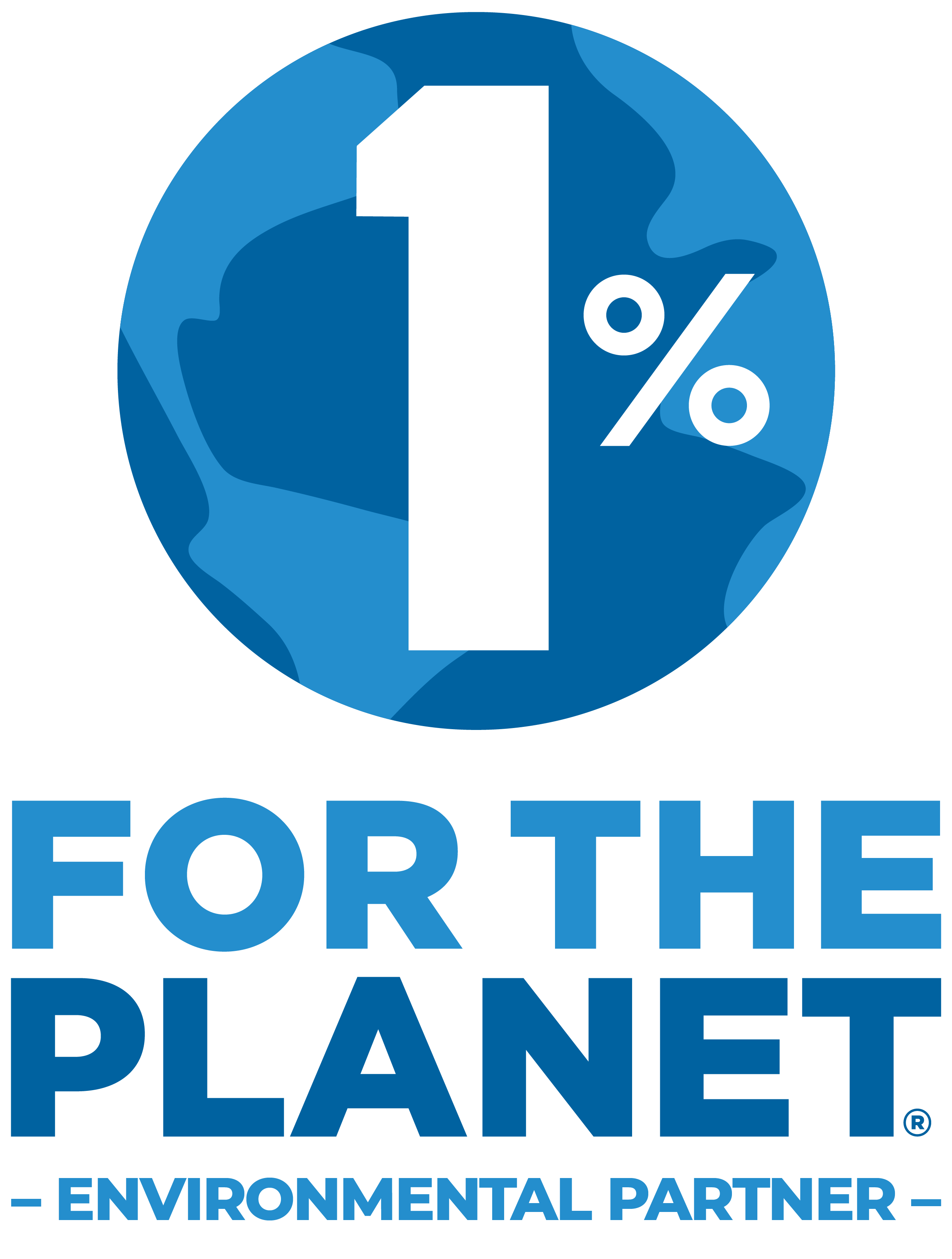New Jersey - February 28 - Today, the New Jersey School Boards Association and Sustainable Jersey will release a comprehensive report with dozens of recommendations on how New Jersey schools can incorporate K-12 climate change education throughout the curriculum.
The guidance in “Report on K-12 Climate Change Education Needs in New Jersey” will serve as a key resource for the school community to successfully navigate new learning standards adopted in June 2020 that made New Jersey the first state to incorporate K-12 climate change education across content areas.
“NJSBA is aware that school districts throughout the state are eager to receive information and resources on climate change education, so educators have the tools they need to meet the state’s updated New Jersey Student Learning Standards,” said Dr. Lawrence S. Feinsod, executive director of the New Jersey School Boards Association. “The recommendations in this report will go a long way to helping schools accomplish that goal and is one more example of how NJSBA serves the school community.”
“As New Jersey faces the climate crisis, schools need to be a part of the solution. This guide enables teachers and school leaders to teach students about climate change, and that empowers students to do something about climate change. The dedicated collaboration of the committee of thought leaders who contributed to this guide was impressive,” said Randall Solomon, Sustainable Jersey executive director and Climate Change Education Thought Leader Committee co-chair.
“SubjectToClimate is proud to be a part of New Jersey’s ground-breaking initiative. We are prepared to support NJ educators’ integration of climate change education into The New Jersey Student Learning Standards. The implementation of these recommendations will create a model for other states in the country and represents the power of collaboration to accomplish such large and important education initiatives,” Margaret Wang, COO of SubjectToClimate.
The report will be released in a virtual news conference, conducted on Facebook Live at 2 p.m. on February 28th. Among those speaking will be Dr. Lawrence S. Feinsod, NJSBA executive director; Randall Solomon, Sustainable Jersey executive director; John Henry, NJSBA senior manager for STEAM and sustainability; and Dr. Lauren Madden, a professor in the School of Education at The College of New Jersey.
The report notes that much of the credit for New Jersey’s leadership in climate change education goes to the state’s first lady, Tammy Murphy, who has championed initiatives in this area.
Thought Leader Committee Studied Climate Change Education
In response to the standards change, NJSBA and Sustainable Jersey convened the Climate Change Education Thought Leader Committee to determine an appropriate plan for implementing these standards statewide. The committee, co-chaired by Solomon and Henry, included local school board members, representatives from state and federal government, New Jersey’s major education groups, nonprofit environmental advocacy groups, and leaders from higher education and the private sector.
The just-released report, written by Madden, is meant to advance the recommendations of the committee. Goals include:
- Ensure that all New Jersey public school teachers are prepared to fully integrate climate change education across grade levels and content areas within five years of adoption of the 2020 New Jersey Student Learning Standards.
- Educate all members of school communities, including families, students, teachers, school staff, administrators, school board members, and community partners on scientifically accurate information regarding climate change to ensure that schools are equipped to foster a sustainable future and economic prosperity.
- Encourage community-focused collaboration among stakeholders, including board members, students, families, and teachers, facilities professionals, and administrators to ensure that schools develop a comprehensive approach to climate change education.
- Use an equity-focused approach to ensure that the neediest schools and districts receive the necessary financial and logistical support for climate change education implementation. Further, the disproportionate effects of climate change seen by communities of color, immigrant communities, and low-income communities must be highlighted.
- Center climate change education and experiences on what is happening locally. Place-based approaches to education that emphasize the New Jersey specific effects of climate change, and the local actions that impact global trends, are more likely to make a lasting impact with students and motivate communities to commit to solution-building.
- Provide multiple entry points to allow for school and teacher autonomy in deciding how to integrate climate change content within each unique learning context.
Join NJSBA for a Facebook Live Event The “Report on K-12 Climate Change Needs in New Jersey,” will be released February 28th at 2 p.m. during a virtual news conference. The conference will be held as part of a Facebook Live event and can be accessed here: www.facebook.com/njsba.
For further information about SubjectToClimate, contact margaret.wang@subjecttoclimate.org
SubjectToClimate is an online connector for K-12 teachers of all subjects to find credible, unbiased, and engaging materials on climate change. Our goal is to enhance climate knowledge and inspire action by making climate change teaching and learning accessible to all.










